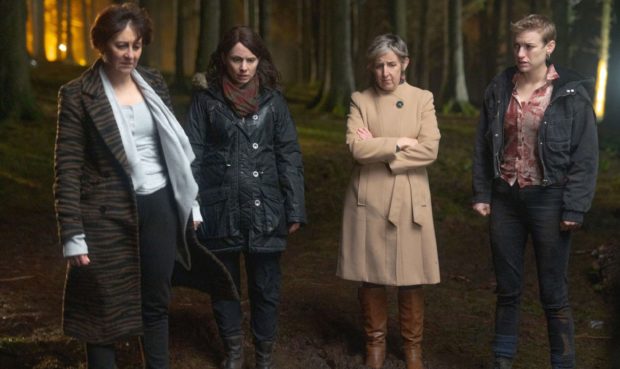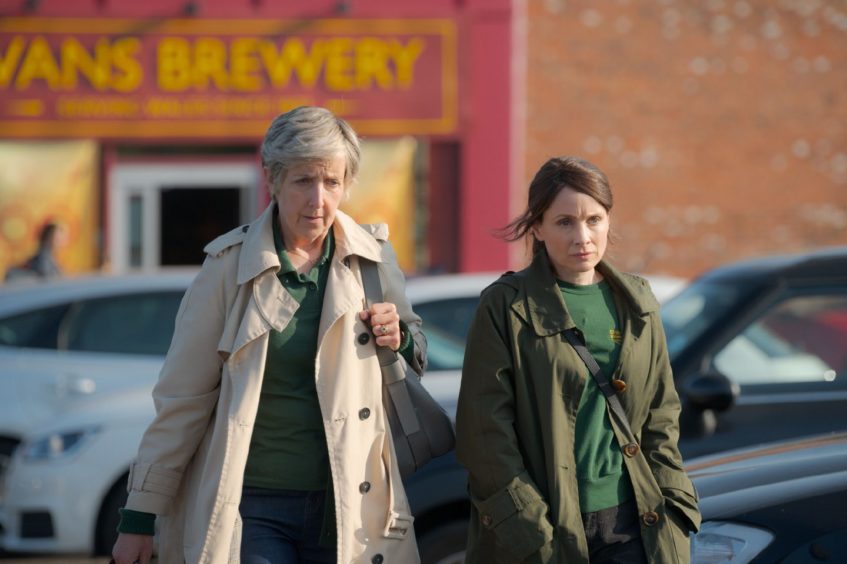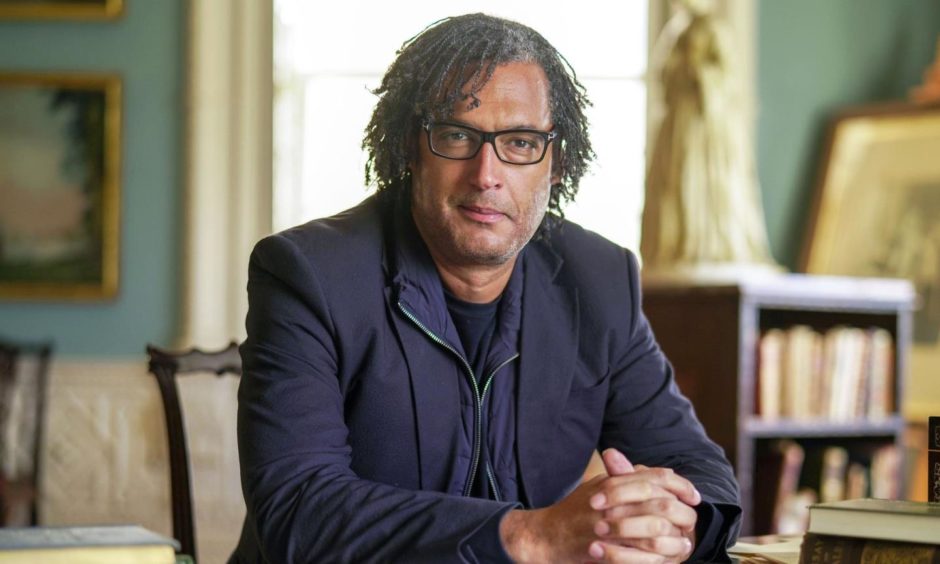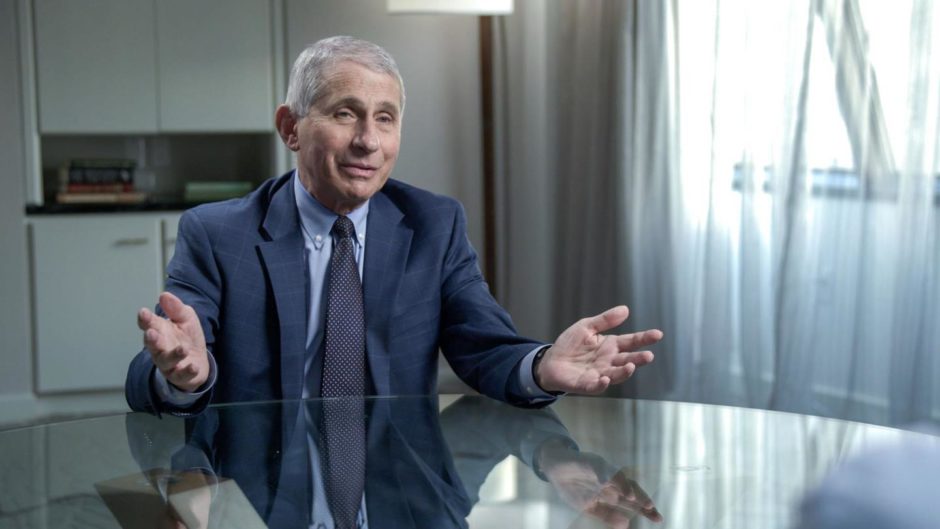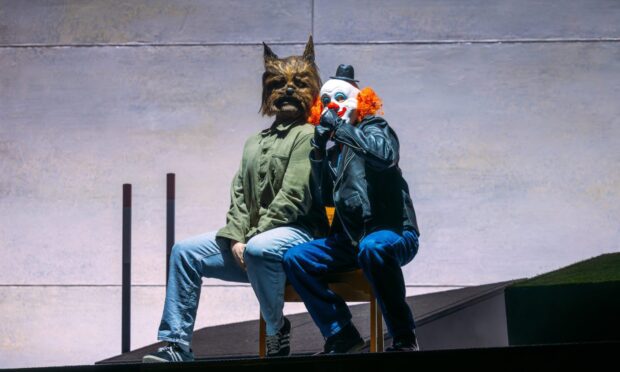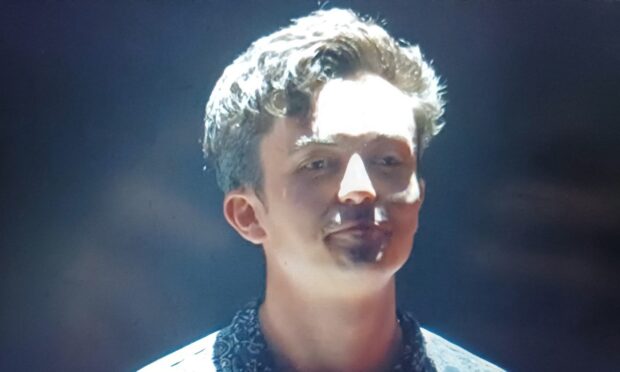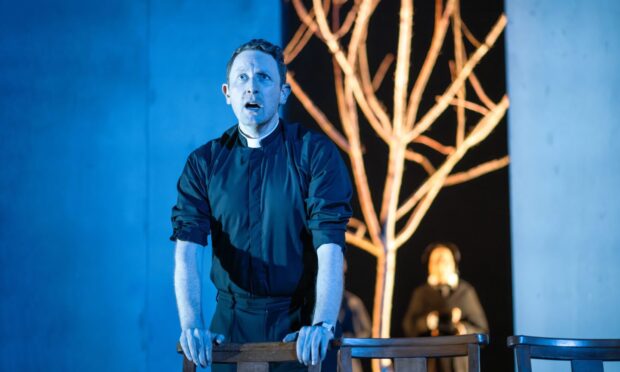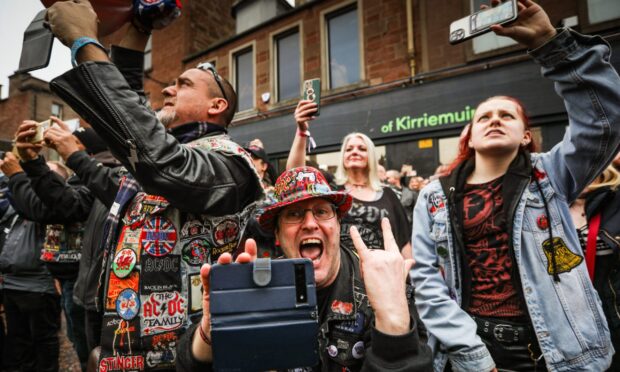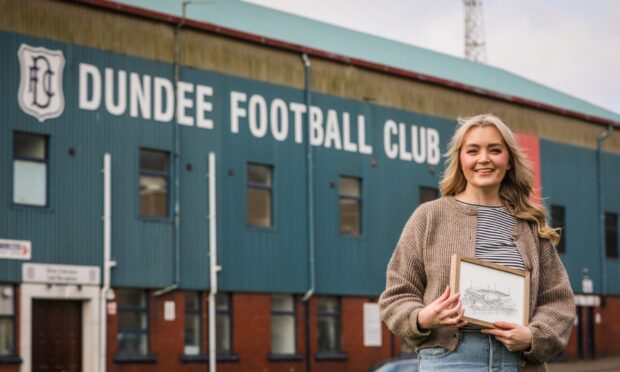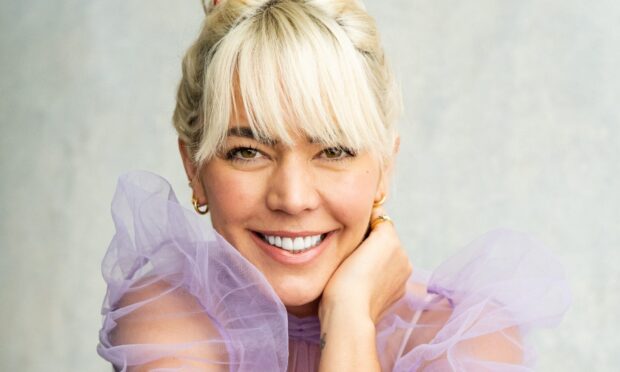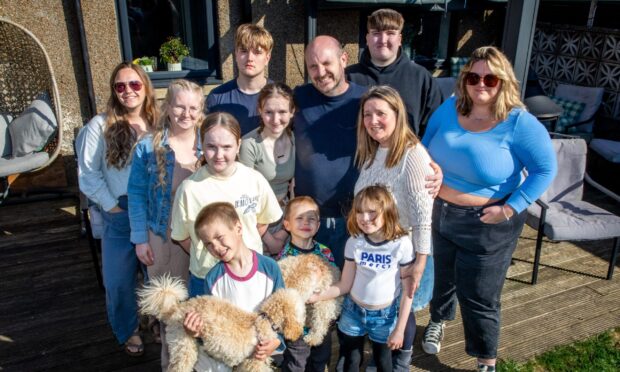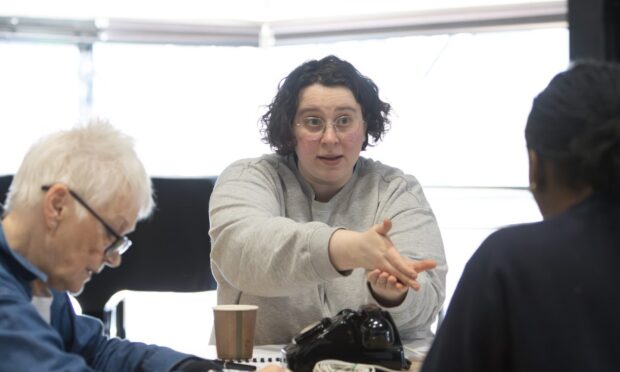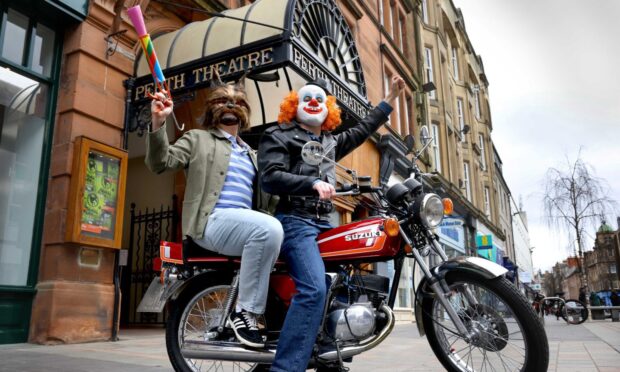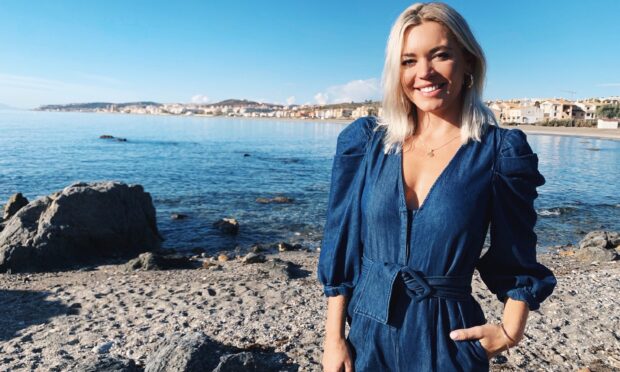If your boss were a spoiled rich kid with a drug problem, who passes over his best workers in favour of promoting his girlfriend, verbally abuses and threatens his own auntie on a night out and then drunkenly tries to assault a female co-worker in the car park afterwards, would it be a just punishment to drive him out into the woods and dump him there naked?
That’s what four female co-workers at a Welsh brewery – Anna (Laura Fraser), Nancy (Julie Hesmondhalgh), Louie (Eiry Thomas) and Cat (Heledd Gwynn) – do to Aneurin Barnard’s frankly awful boss Jack in Pete McTighe’s new BBC One drama The Pact.
Although when they relent and go back to pick him up shortly after, they discover him dead of apparent natural causes.
Despite a somewhat forced intro which seeks to place the show in post-pandemic times, the quartet’s tangible sense of guilt and fear after the deed’s done is a launchpad for the satisfying tension which follows.
Signs of a gripping whodunnit
Did Jack really die a natural death?
We don’t know by the end of the first episode, but with Rakie Ayola’s sharp copper DS Holland teaming up with Laura’s nice-but-dim husband and local bobby Max (Jason Hughes) and Jack’s heartbroken dad Arwel (the ever-watchable Eddie Marsan) in the wings, the stage, plot and A-list cast are all in place for a potentially gripping whodunnit.
If you watched BBC Four’s Extra Life: A Short History of Living Longer a few hours before getting your first dose of the Covid-19 vaccine, just like this writer, you might have found it a humbling experience.
Presented by historian David Olusoga and science writer Steven Johnson in a transatlantic Zoom call setting, with each interviewing a series of experts, it looked at the background of the medical innovations which mean our life expectancy is now twice that of 1900, when it was only 32 years.
Some comforting thoughts
“We are the recipients of a series of medical revolutions that we had been taking for granted,” says Olusoga, in his perfectly comforting tone.
“I think of it almost like an invisible shield… the whole infrastructure of public health and medicine that has been quietly extending our lives,” replies Johnson.
Now, with the Covid pandemic, “suddenly that invisible shield is visible.”
With considered urgency, the first episode told us of the history of vaccination, and spared no detail of its problematic nature.
We learned that 18th Century knowledge of the ancient African or Asian procedure of ‘variolation’ and its refinement into vaccination in America and England was often achieved by testing on the poor or even slaves (including by the American President Thomas Jefferson), beginning humanity’s long battle against devastating disease, particularly smallpox.
Science changing history
Threaded throughout is the contemporary story of Covid vaccination, with the renowned infectious diseases expert Dr Anthony Fauci, the head of Wellcome Dr Jeremy Farrar and researcher Dr Kizzmekia Corbett giving insight into the frankly history-changing new science at work in identifying and fighting the virus, how it’s deployed around the world, and where anti-vaccine resistance has its social roots.
With dramatic music laid on heavily to gee up science which is hard to dramatise, the presenters bounced not just history back and forth, but the ethics and philosophy of what they’re discussing.
When the appropriately-named former WHO medical director Dr Larry Brilliant tells the concluding tale of smallpox’s eradication at the height of the Cold War, this intriguing and topically essential documentary has become a powerful testament to what can be achieved by human determination and cooperation.
